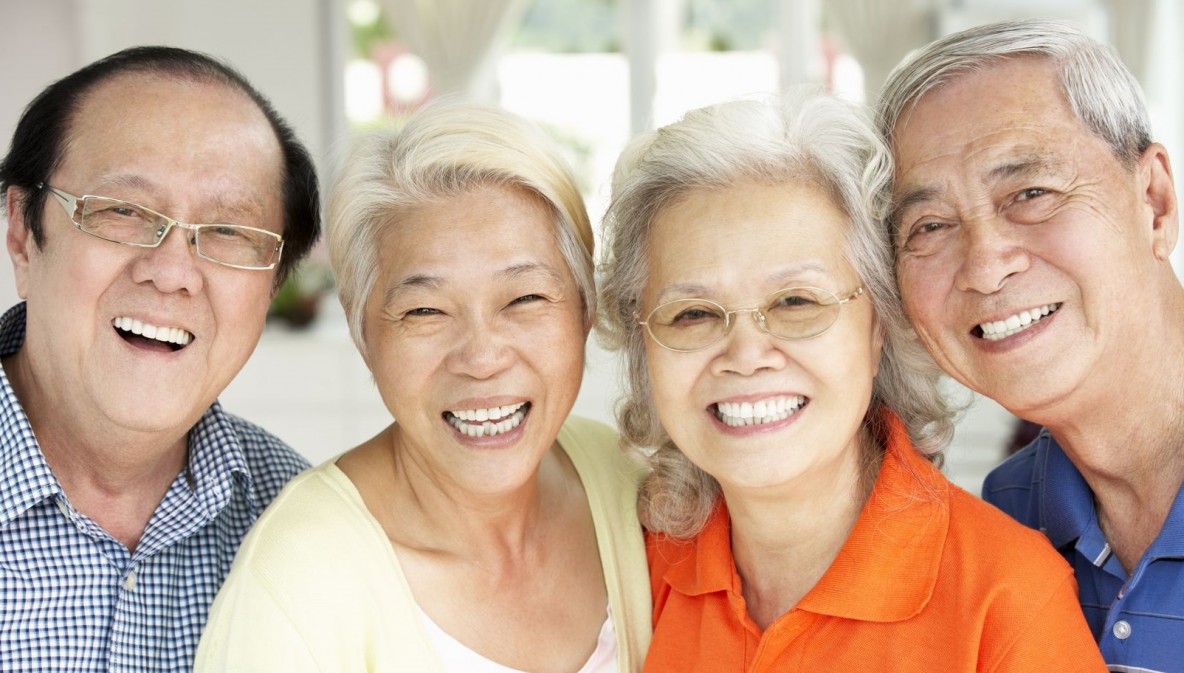Aging is an inevitable process. Nevertheless, aging comes with its own transitions and challenges. As we age, we experience many changes. For instance, decrease in bone density and an increase in the risk of degenerative diseases such as Alzheimer’s, arthritis, dementia, and more. One symptom of aging experienced by seniors is fatigue.
What is fatigue?
Fatigue is common among the elderly and is characterized by the feeling of tiredness, low energy, sleepiness, and weakness. Sometimes, chronic fatigue many be a sign of an underlying illness and should be checked by a doctor. A person’s energy level depends on many factors such as:
- The body’s metabolic rate.
- Supply of oxygen and nutrients to the cells and muscles in the body.
- Hormonal levels controlling processes that impact energy production.
- A person’s mental and emotional state.
Fatigue can cause functional impairments where a person lacks energy and thus has less ability to perform daily tasks. When a person is performing an activity, there is a threshold for the endurance and stamina required to do that activity. Once this threshold is reached, fatigue can set in. This is when the body’s ability to complete a task is temporarily exhausted. For example, after doing gardening for several hours one may begin to feel fatigue set in. Therefore, taking breaks, resting, sleeping or even eating can help restore energy levels back to normal.
Causes of fatigue
There are many causes of fatigue including stress, insomnia, hormonal imbalance, respiratory illness, and arthritis. Other causes of fatigue are:
- Depression and other mental health disorders.
- Problems with blood circulation, like heart failure.
- Impaired breathing, like chronic obstructive pulmonary disease.
- Hormonal imbalances, like the onset of menopause in women and hypothyroidism.
- Malnutrition where there are deficiencies of vitamins and minerals like vitamin B12.
- Metabolic disorders such as diabetes mellitus.
- Systemic infections like HIV.
In most cases however, fatigue is caused by a lack of rest and reduced stamina due to aging. Seniors need more rest breaks and naps compared to younger adults. Regardless of aging, seniors can be just as active and energetic as younger adults, maybe just for shorter time spans.
How can Karp Home Care help?
Fatigue, when not constant or repetitive, is a normal part of life and the aging process. As we age, we get weaker. This is because after the age of 40, we lose up to one third of a pound of muscle each year, and many also gain body-fat. Furthermore, seniors who experience a decrease in hormonal levels are more susceptible to chronic diseases and to fatigue. Thus, it’s important for seniors to pace themselves throughout the day. Things such as maintaining a balanced and healthy diet, sleeping well, and keeping physically active can help.
At Karp Home Care, we believe that it’s important to think about how to use valuable energy for the important things in life, such as seeing family and friends. That’s why we offer exceptional home care services, including housekeeping and cleaning so that you can focus on what really matters. We can take care of everything from washing laundry, to dusting and general tidying, so that you don’t have to!

